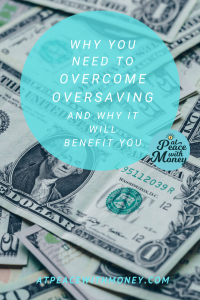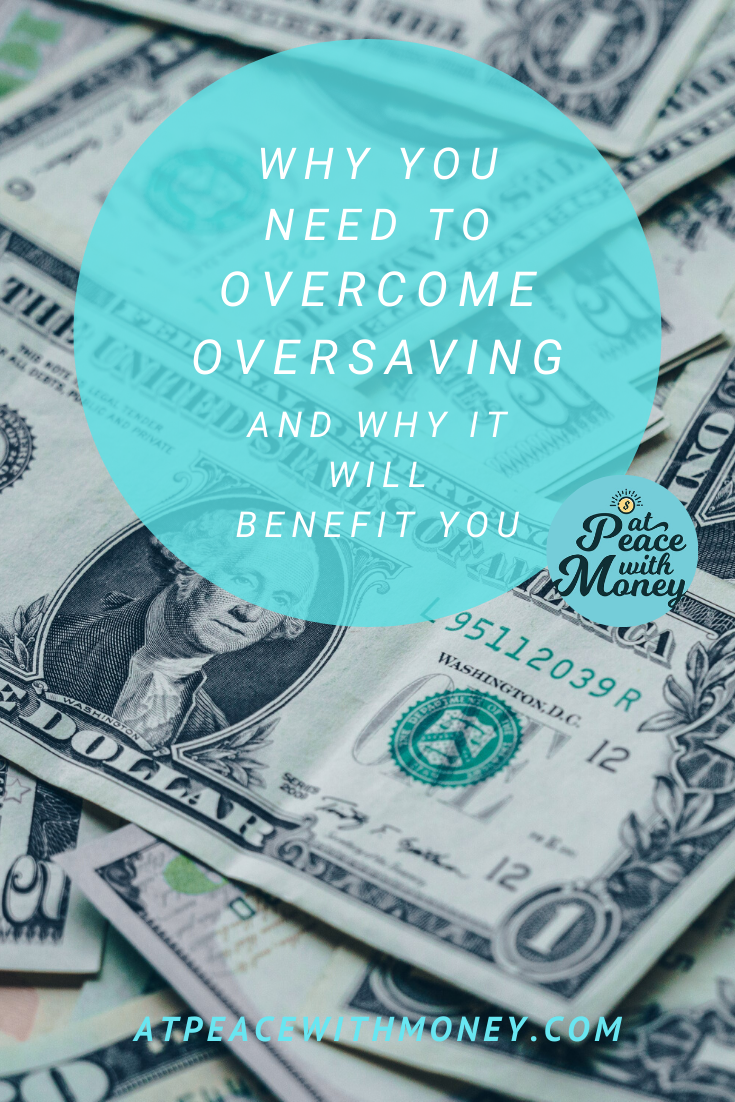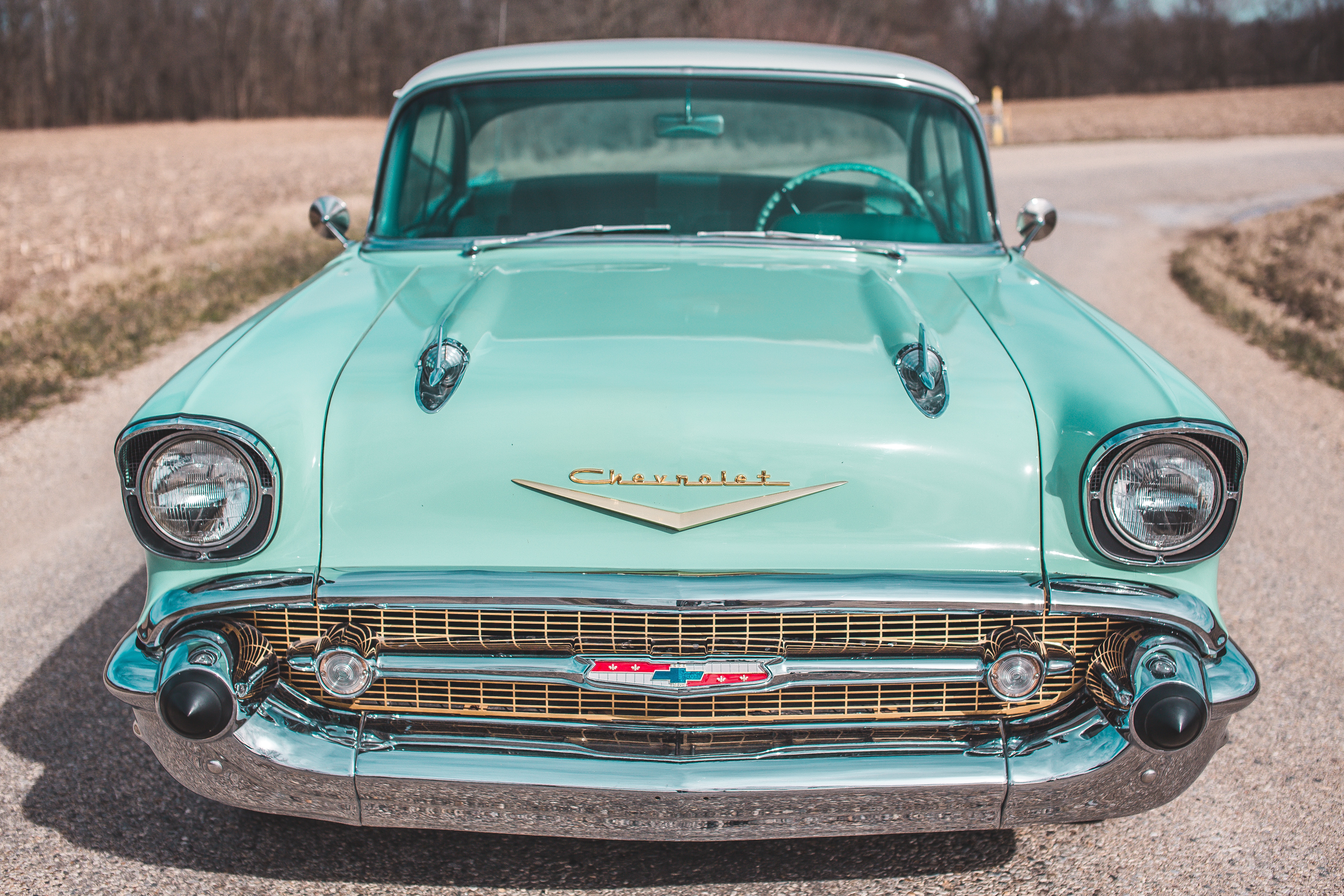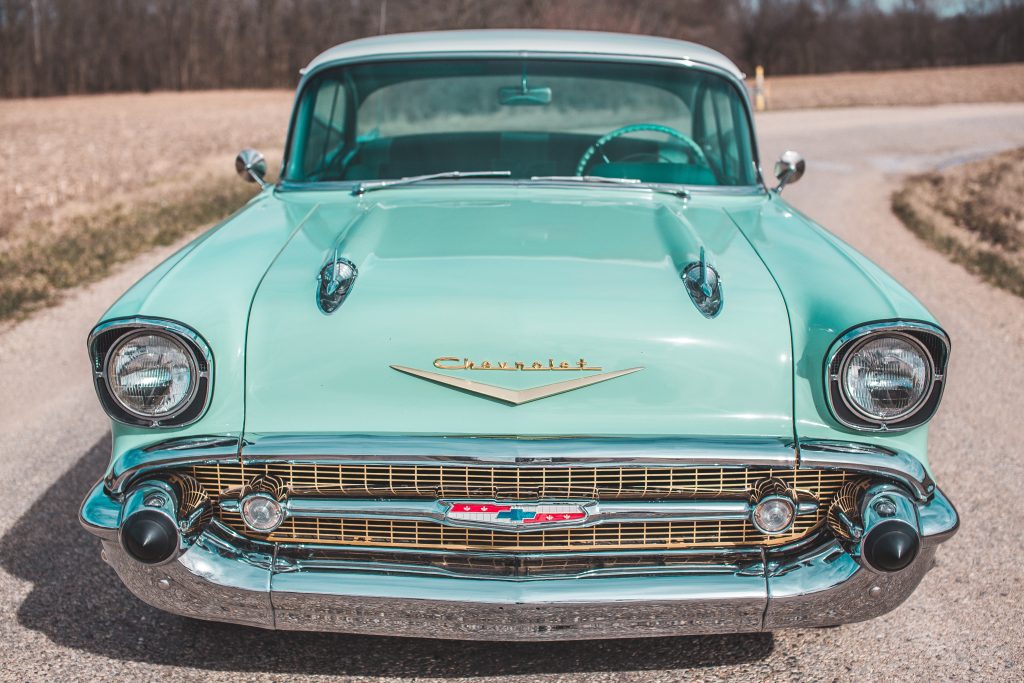All About Oversaving, And Why Overcoming It Can Strengthen Your Business

Often issues with money stem from not having enough – so when you hear the word “oversaving,” it might not sound bad. However, oversaving can be a serious issue that may be blocking the potential of your business. It may also point to anxieties that need to be resolved. Let’s take a look at what oversaving is and what you can do to overcome it.
What Is It?
If you experience anxiety or guilt over spending money, even on basic necessities, you may have oversaving tendencies. You might struggle to spend money on your business or operating expenses. Alternatively, it might be hard for you to spend on something other than reinvesting in your business. Or, you might have a hard time parting with any money know you could save it for retirement or business emergencies.
Oversaving both stems from and enhances anxiety, stress, and burnout. It often comes from a fear of scarcity. While saving money is an important skill, if it’s taken to an extreme, it can keep you from spending money to solve urgent problems in your business and your personal life.
What Can You Do About It?
Saving money is a great habit, but the key to overcoming the oversaving habit is to get strategic about your saving. Rather than living in this panicked feeling of “I have to save every dime I possibly can,” create some money systems! Coming up with savings goals, establishing a spending plan, and automating your money are all great ways to introduce strategy and systems.
Savings goals can be especially helpful, because they can lend purpose to all that saving, but they also create an end point you’ll eventually meet. Limiting and directing your savings in this way can help curb the habit and assuage your anxieties. When you use the Profit First system, you put aside money to pay yourself first, but you also save for taxes, put aside money for operating expenses, and also distribute profits every quarter, which are meant to be spent by YOU so you can reward yourself for your hard work. If you’re interested in learning more about the Profit First System, check out the first 5 chapters of the book here.
 Doing some emotional work around money can also really help you clear up your oversaving. I recommend reading Bari Tessler’s The Art of Money for more ideas about this. She helps you unpack your feelings around money and combining the practical with the emotional. If you’re interested, check out my book review.
Doing some emotional work around money can also really help you clear up your oversaving. I recommend reading Bari Tessler’s The Art of Money for more ideas about this. She helps you unpack your feelings around money and combining the practical with the emotional. If you’re interested, check out my book review.
Oversaving can be a sneaky habit, difficult to catch and overcome, but I believe in you – you can do it! And anyway, saving is so much more effective when it’s done in order to meet a goal. If you enjoyed this article, I suggest looking into Profit First. If you want to chat more about these ideas and take a look at your money, you can take a look at my service packages and book a call. Doing a year-end review could help you identify a couple goals to save for!
Angela
Photo by Sharon McCutcheon







